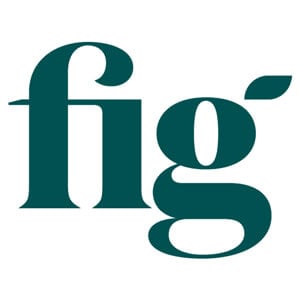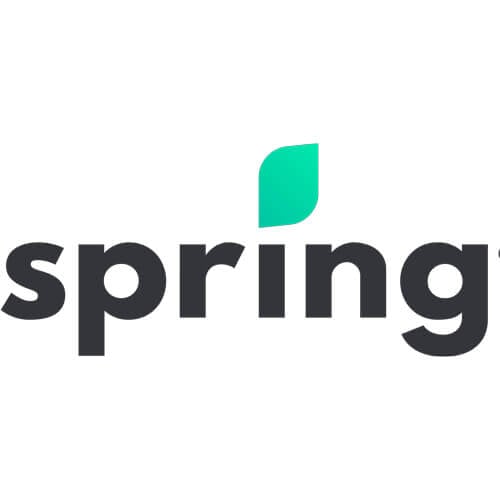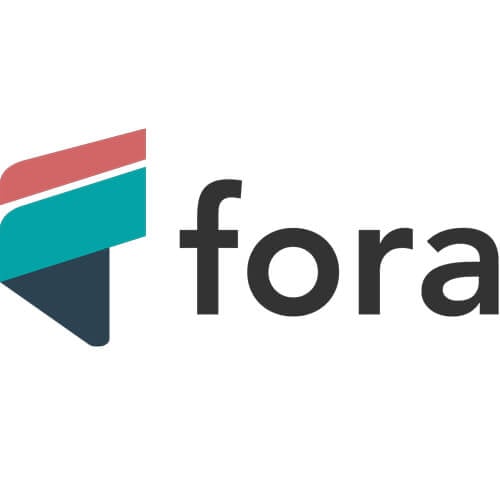Can debt consolidation help with Canadian student loans?

Created By
Credit Canada
When taking on student debt, it is important to know what happens if you can’t pay back the loan. Let’s review your options, including debt consolidation.
Advertisement

Created By
Credit Canada
When taking on student debt, it is important to know what happens if you can’t pay back the loan. Let’s review your options, including debt consolidation.

My parents have RESP savings, and I have a few part-time jobs and some support from other family members. But it’s not enough. I am wondering about OSAP, as I have a tight budget. My parents always warned me that taking on debt was “bad,” though, because they had student loans and it took a long time to pay them off. Is student debt a bad idea? Will it keep me stuck in debt? Can I consolidate it when I’m done school?
—Sam
Thank you for your questions, Sam. You’re definitely not alone in worrying about taking on student debt. We’ll explore ways to keep your debt down during your studies, and I’ll walk you through what to do if you can’t repay your student loan.
In under 60 seconds, get matched with a personalized list of loan providers based on your needs and approval likelihood. No SIN required.
For many Canadians, post-secondary education can be the key to achieving their career goals. While schooling in Canada isn’t as expensive as it is in, say, the United States, it can still be much more than some people can afford. It is difficult to estimate the total costs of post-secondary education as there are many factors to consider, including:
Recent data from the federal government places the average cost of post-secondary tuition for Canadian students at roughly $6,800 per year for undergraduate programs, and $7,400 for graduate programs. However, the cost can be much higher depending on what you study. These figures also don’t factor in program length, the cost of textbooks or living expenses.
There are three types of student loans in Canada:
There have been some recent changes to student loans that may help you to repay your school debt. As of April 2023, the federal government eliminated interest on existing and new Canada Student Loans (if you owed interest prior to April 2023, you still have to pay it). However, interest rates may still apply on provincial and territorial student loans. In addition, the federal government is increasing the maximum amount of forgivable Canada Student Loans by 50% for doctors and nurses working in rural communities. The government has also increased the maximum amount of student grants by 40% and raised the loan amount you can receive per week of study from $210 to $300 for 2023.

Apply for a personal loan with a 8.99% to 29.49% APR. Plus, 100% online application and no early repayment fees.

Apply for a personal loan with a 9.99% to 35.00% APR. Plus, fast e-transfers and no hit to your credit score when you apply.

Apply for a personal loan with a 19.90% to 34.90% APR. Plus, fast funding (as soon as the same business day). Not available in Quebec, PEI, Manitoba, Newfoundland and Labrador, Northwest Territories, Nunavut and Yukon.
Student loan debt isn’t a bad idea as it can be an investment in your future. However, it’s important to not take on more debt than necessary. While in school, try to supplement the cost of your education by applying for scholarships and bursaries. If an internship is part of your studies, look for one that is paid. If possible, work part-time during the semester and full-time during summers—in doing so, you will take on less debt.
It’s good you are thinking about your budget now, before starting school. Taking on student loan debt is not “bad” if the end result makes your loan worth the investment—such as achieving your dream job.
A way to avoid student debt is to practice smart money management. Here are some things to consider that could help decrease your debt load by the time you graduate:

Apply for a personal loan with a 8.99% to 29.49% APR. Plus, 100% online application and no early repayment fees.

Apply for a personal loan with a 9.99% to 35.00% APR. Plus, fast e-transfers and no hit to your credit score when you apply.

Apply for a personal loan with a 19.90% to 34.90% APR. Plus, fast funding (as soon as the same business day). Not available in Quebec, PEI, Manitoba, Newfoundland and Labrador, Northwest Territories, Nunavut and Yukon.
If you are unable to pay back your student loan, there are a few options to consider:
Student Loan Repayment Assistance: The federal government’s Repayment Assistance Plan (RAP) helps borrowers manage student loan debt by paying back what they can reasonably afford. Learn more about RAPs, eligibility and how to apply.
Debt consolidation program: A debt consolidation program involves combining multiple debts or loans into one new loan set at a lower interest rate or better terms. You’ll still have to pay back the debt, but monthly payments will be at a reduced interest rate. However, this is only an option if the loan is already in default and you are not eligible for RAP.
Consumer proposal: Similar to debt consolidation, a consumer proposal combines a person’s debts into a single fixed monthly payment. In addition, a consumer proposal eliminates interest charges and reduces the outstanding principal. This is a form of debt forgiveness, meaning you’ll only need to pay back a portion of your overall debt. However, it’s important to note that student loans are only eligible for discharge in a consumer proposal if it’s been at least seven years since you left school.
Bankruptcy: As with a consumer proposal, if you declare bankruptcy seven or more years after the date on which you stopped being a full-time or part-time student, your student loan debts will be eligible for discharge. However, this period can be reduced to five years if you show proof that repaying the loan will result in “undue hardship.” Learn more about student loans and bankruptcy.
Taking on student loan debt is difficult for many Canadians, but it can be worth it in the long term if it’s an investment in your future career goals. Sam, you have a few options to explore, and it is great that you are considering your family’s financial well-being in the process.
Sam, if you need guidance and support with setting up your budget, talking through your options, managing your debt or any other credit inquiries, Credit Canada offers free credit counselling services from certified credit counsellors to support you through various debt-relief channels. Contact one of our certified non-profit credit counsellors today.
This is an unpaid article that contains useful and relevant information. It was written by a content partner based on its expertise and edited by MoneySense.
Share this article Share on Facebook Share on Twitter Share on Linkedin Share on Reddit Share on Email
Your article is very knowledgeable and helpful, thank you very much